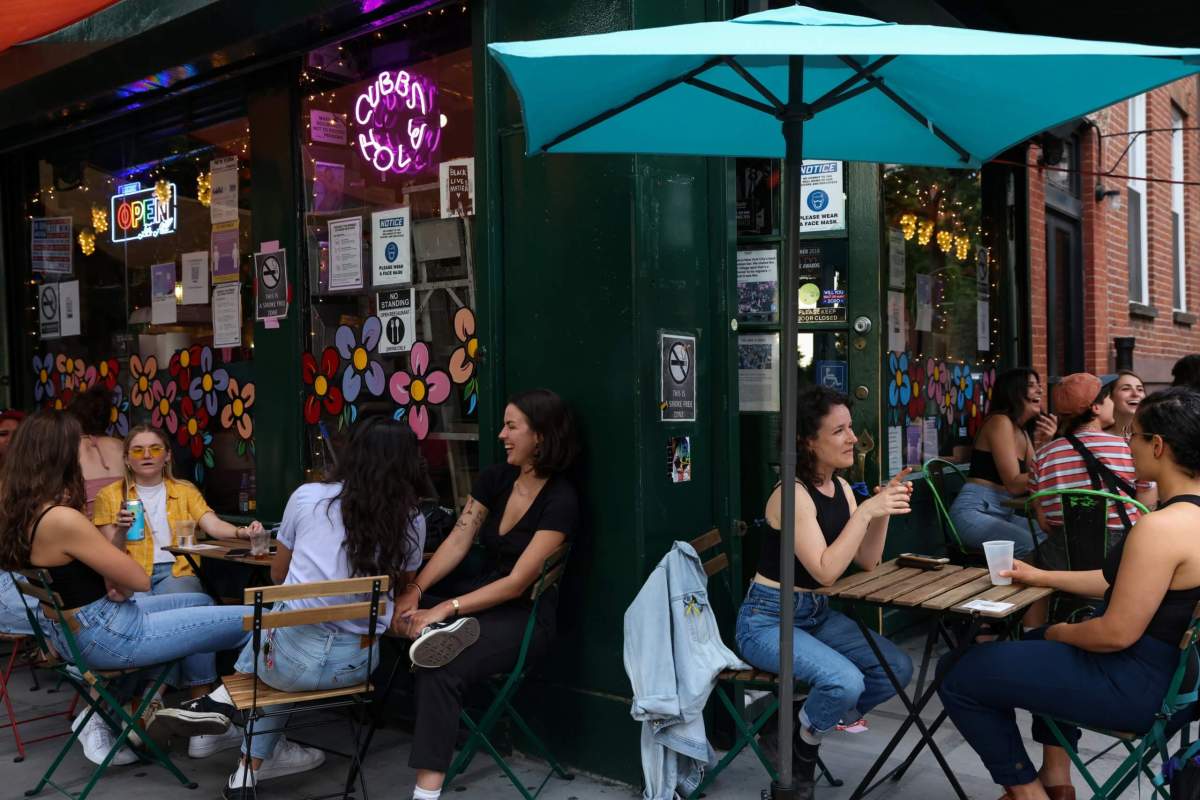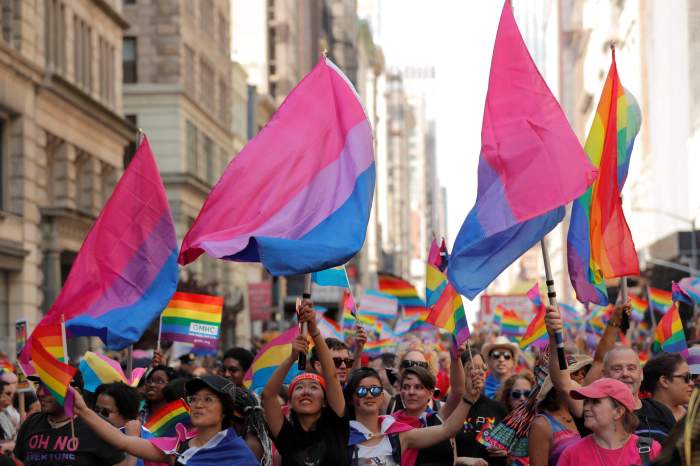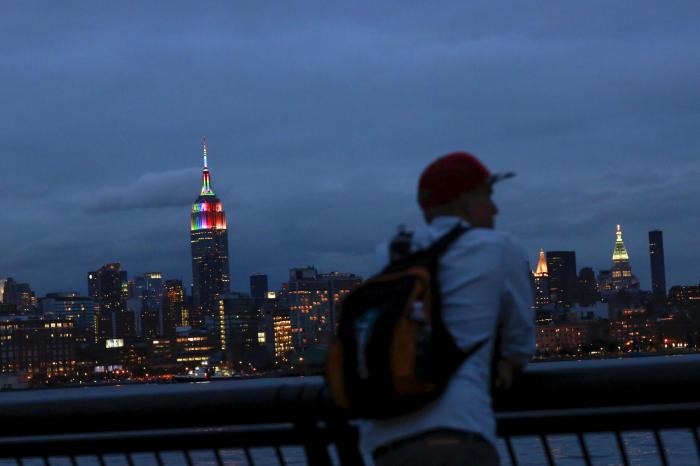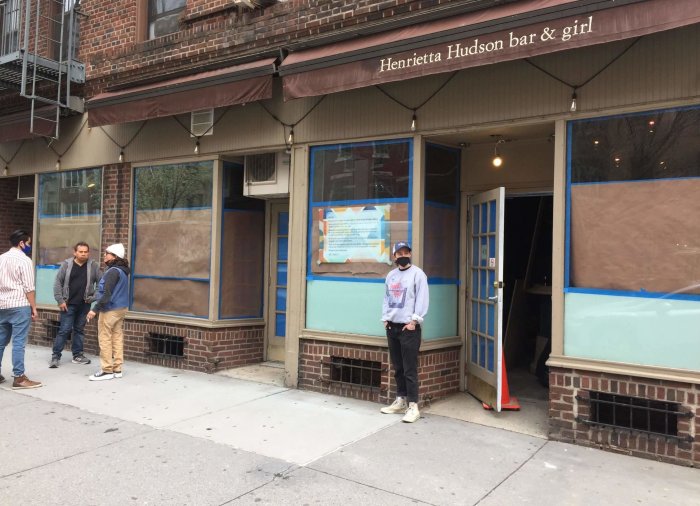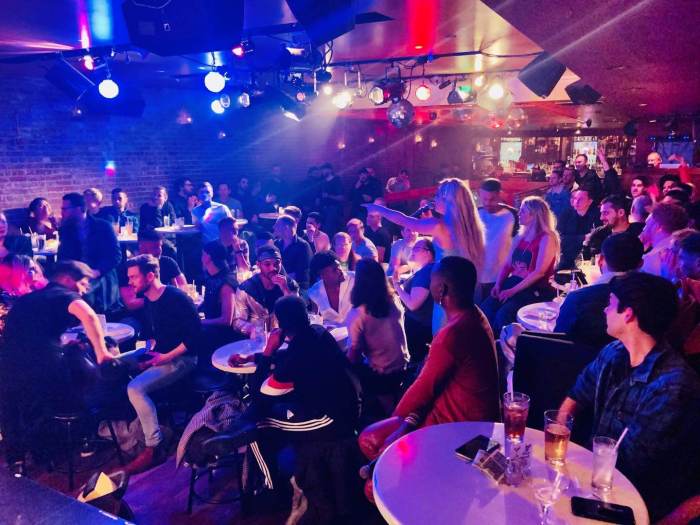LGBTQ-owned businesses hit especially hard by the pandemic are on track to make an economic return by 2022, according to the LGBTQ Small Business Owner Financial Health Survey.
Findings from the survey, published on June 7, note that by next year nearly 80 percent of LGBTQ business owners are expected to make a “full recovery” from the economic disruption caused by the COVID-19 pandemic. Nearly one-third of queer and trans entrepreneurs reported losing 50 percent of their business during the pandemic, according to the survey, which featured 2,361 adults between May 12 and May 21. The survey included 1,600 certified LGBTQ business enterprises and other queer business owners.
Thirty-three percent of the respondents said they endured drops in revenue. Seventeen percent of respondents said they had to decrease wages to deal with this financial strain, 19 percent reduced their budget, and 10 percent temporarily closed down. Less than one percent permanently closed, however.
The survey was conducted by CNBC and Acorns, an investment firm, in collaboration with the National LGBT Chamber of Commerce (NGLCC). Justin Nelson and Chance Mitchell, the co-founders of NGLCC, said this report shows the resilience of LGBTQ businesses.
“The LGBT business community is thriving, despite both the economic impacts of the pandemic and the forces of inequality and discrimination that are still far too prevalent in America,” Nelson and Mitchell said in a written statement. “The confidence in the economic recovery ahead demonstrated in this survey by our network of LGBT business owners should give us all hope for better days ahead. This groundbreaking survey further proves our NGLCC philosophy that economic visibility, just like social visibility, is essential in building a diverse and inclusive society
Among other findings, LGBTQ business owners said they have been struggling to retain workers. Forty-two percent of respondents alleged that workers prefer unemployment benefits to their regular wages, though no proof of that was presented. Meanwhile 35 percent said workers found other jobs and 19 percent said workers want higher wages. Three percent said workers have been afraid of COVID.
Forty percent of LGBTQ entrepreneurs reported that another round of government stimulus checks could help them build and sustain a successful business in the future. Furthermore, 28 percent said they would benefit from loosening COVID-19 restrictions, while 23 percent recommended expanded access to business loans.
On a local level, several spots in New York City shut down during the pandemic. The Big Gay Ice Cream Shop closed its first location in the East Village earlier this year and Pyramid Club shuttered. Last year, Therapy, an LGBTQ bar in Hell’s Kitchen, also closed for good.
There have been some positive signs, however. Black-owned queer bar Lambda Lounge reported a boom in business thanks to outdoor dining options, and establishments such as LGBTQ women-led bars Henrietta Hudson and Cubbyhole changed their business model to accommodate new clientele while adhering to COVID-19 safety guidelines.
To sign up for the Gay City News email newsletter, visit gaycitynews.com/newsletter.

